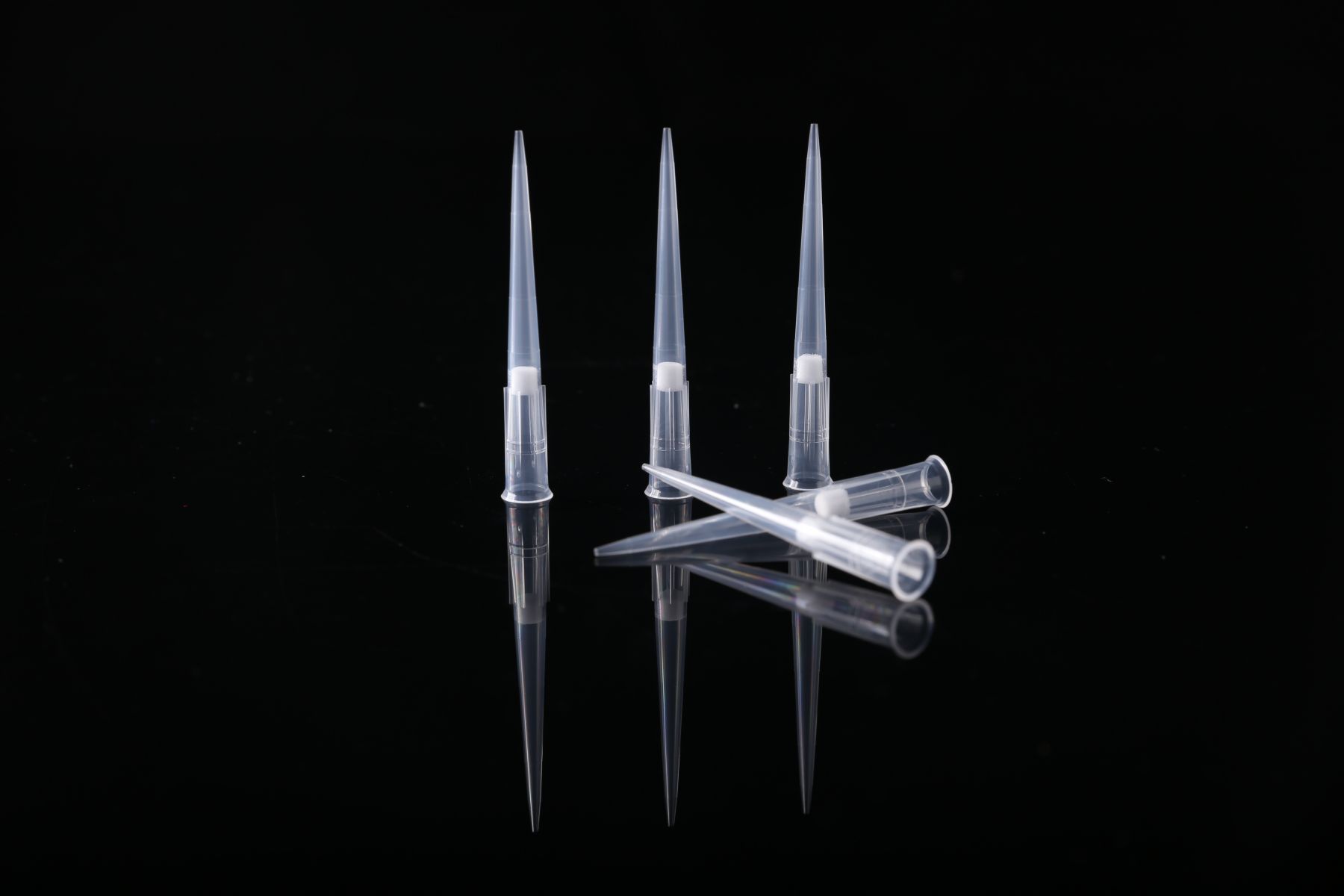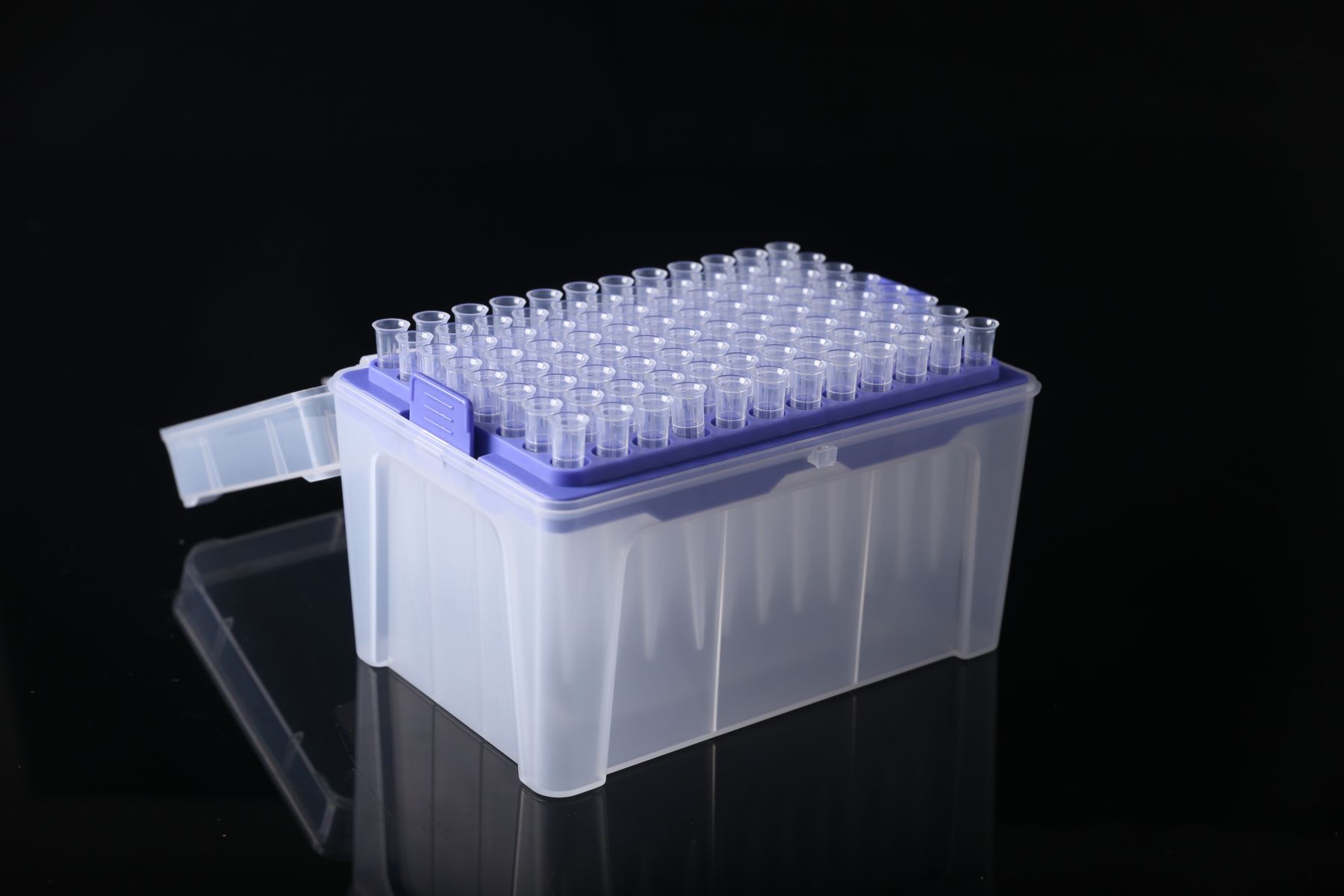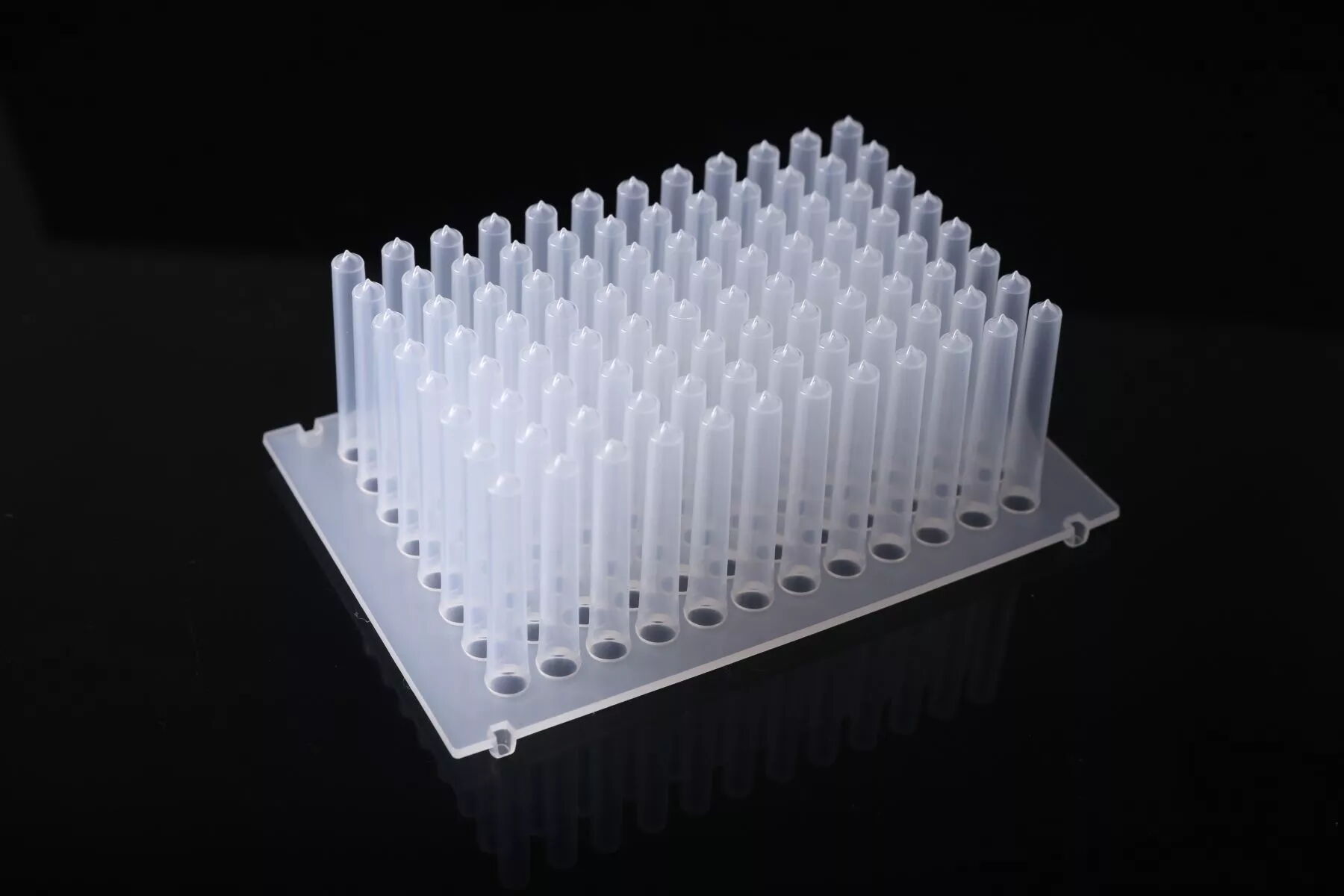How to Choose A Right Pipette Tip?
Mar 04, 2022
There are many kinds of pipette tips for people to choose from. How do we know which is the best for our pipettes and experiments? Here is a short guide to help you reasonably choose the correct pipette tips and prevent costly experimental errors and all the rest.

Some key points that should be considered when we choose a pipette tip are as follow:
1. Material
A good pipette tip ought to be made of polypropylene (PP) with top quality and high purity. Plastic or metal additives that are commonly found in blue and yellow tips would contaminate samples. If you want to choose a filtered pipette tip, make sure the filter is also made of high-quality polypropylene and free of additives such as cellulose.
2. The Quality of Molds
Pipette tips are manufactured by the injection molding machine. And the outcome of pipette tips is based on the design of the mold and the quality of the polypropylene material being injected into the mold.
3. Free of Contamination
Pipette tips that are worth purchasing need to be RNase-, DNase, DNA-, pyrogen-, PCR inhibitors and ATP-free. And this is more important when sensitive microbiological testings are performed.
4. Compatibility
Not all pipette tips will fit your pipettes so compatibility is an aspect you need to consider when selecting tips. Forcing the tip onto the pipette is not going to work. The suitable installation requires little to no power. When purchasing pipette tips, you can follow the instruction of the brand of tips, and pipette tips we supply can be compatible with almost all the popular brands of pipettes around the world.
5. Low Retention
Low retention pipette tips have become more and more popular in recent years. They are generally regarded as a premium tip and you can expect to pay more for them. When looking for low-retention tips, ensure that the tips have no secondary process during manufacturing which can result in compounds leaching from the tip in the application.
6. Cost
You will get what you pay for just as purchasing most products. Well-made and universal fit pipette tips are essential for accuracy, precision and ease of use. Top-quality pipette tips that have been specifically developed for optimal performance are worth choosing, unless you are satisfied with the not-so-precision results provided by your micropipettes. For the other features, such as graduated markings and barriers, you should consider whether there is an extra price for them. If there is an additional cost, choose tips with those features when experimentally necessary. For example, barrier tips are more expensive than non-barrier ones. Therefore, you can save barrier tips for sensitive applications where pollution could wreck your experiments, and choose sterile and non-barrier tips for other experiments.

Accurate and precise measurements can be realized by the compatible work of pipettes and pipette tips. We hope this guide will help you select the right pipette tips for different applications. You can also request samples from various companies to find what is best for your research.
Pulse-bio, a professional & experienced manufacturer of pipette tips, is capable of providing a wide range of pipette tips ranging from 10µl-1250µl. Each tip we supply can fit most of the pipettes. If you have any inquiries, please freely contact us!
Previous: Questions & Answers about PCR Consumables
Next: 2022 Exhibition Information



